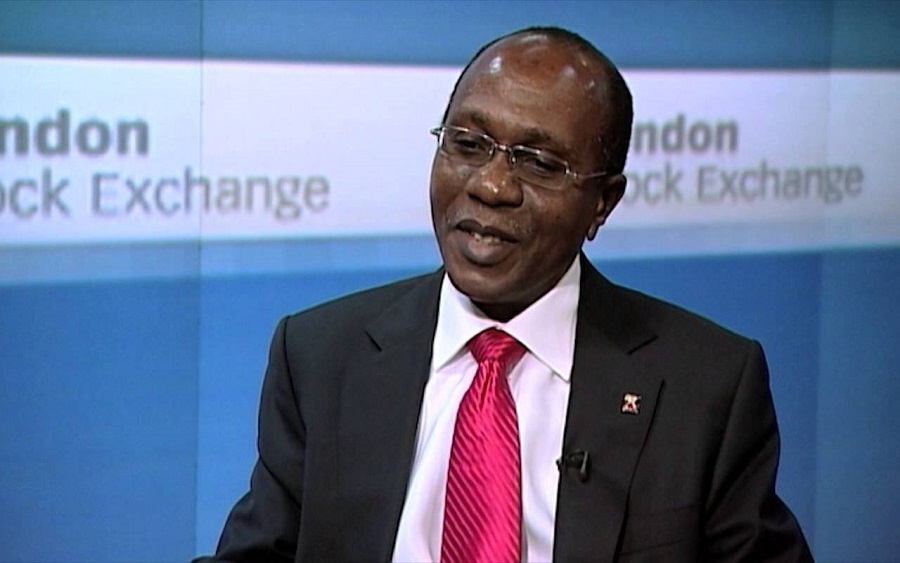The Microfinance Banks (MfBs) operating in Nigeria have been warned against hawking and hoarding of lower currencies as the Microfinance lenders begin to disburse lower denominations of the naira with a limit placed on customers’ withdrawal.
The Central Bank of Nigeria (CBN) cautioned and advised the Microfinance Banks not to use the disbursement directive for unintended purposes.
In order to monitor the activities of the new policy, the CBN instructed Microfinance Banks to submit a weekly and monthly disbursement return to the CBN branches.
According to a report, this will enable the Apex bank and financial regulator to apply appropriate sanctions to erring Microfinance Banks. The CBN stated that, “The participating MFBs must be willing to accept a mixture of new and other banknotes, and that the MFBs shall give 20% of any withdrawal in lower denomination notes subject to a maximum of N50,000.”
[READ MORE: CBN is no longer independent – Moghalu]
The report explained that MfBs can exchange notes of N10,000 for customers without bank accounts, while for customers with bank accounts, MfBs are expected to exchange notes of N50,000. Such an exchange is only done once a week for their customers.
Furthermore, MfBs are to keep a register of amounts received from the CBN through their correspondent commercial banks. They were also instructed to record the beneficiaries of the lower denomination notes while ensuring that the breakdown of the denomination of the currency and accounts are included in the withdrawal teller slips.
Part of the directive was that Microfinance Banks should prevent the selling of banknotes disbursed to customers with or without accounts by placing effective control measures.
Not all MFBs will participate: In order to ensure only MfBs with good corporate governance practices take part, the CBN said all microfinance banks must have a composite risk rating of above average in the most recent Risk-Based Supervision target examination, a circular issued by the Director, Currency Operations Department of CBN, Patricia Eleje, disclosed on Thursday.
[READ FURTHER: Fintechs to Drive CBN’s Financial Inclusion Target]
















.gif)






